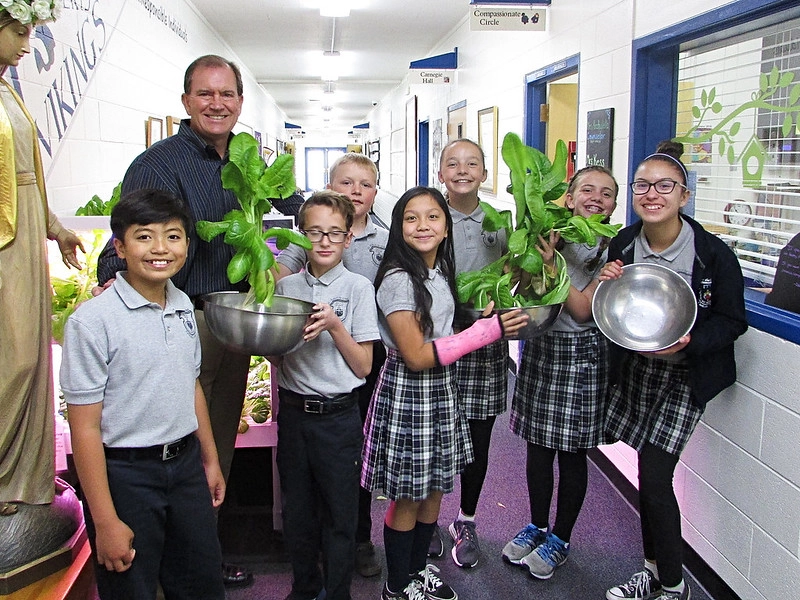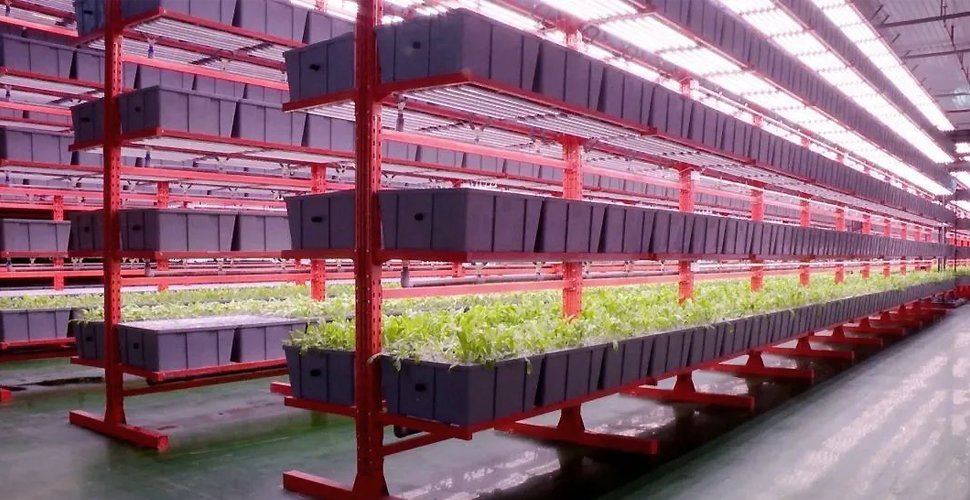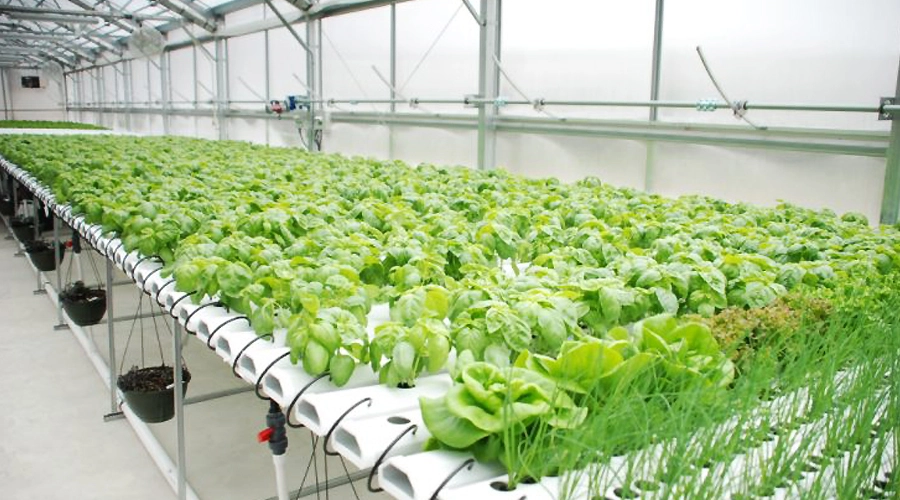Have you ever noticed the spark of curiosity in children’s eyes as they watch small bugs crawl on vegetable leaves, or the surprise on their faces when the seeds they planted push through the soil?
These moments not only ignite a desire to learn in children but also show they are forming a direct emotional connection with the natural world.
This is why more and more educational institutions are using school gardens and hydroponics to help students experience the wonder and majesty of nature.
School gardens and hydroponics projects give students a hands-on platform to experience nature, teaching them how to interact with their surrounding ecological environment through practical activities.
Currently, hydroponics STEM programs are becoming increasingly popular in educational institutions around the world. Teachers have found that such project-based learning effectively helps students establish a deeper connection with nature.
Why does hydroponics hold such an important place in STEM education?
Why is Hydroponics Important to STEM?
Now that we understand what hydroponics is and how it can connect children with nature, let’s look at its relationship with STEM. Here are three reasons why hydroponics should be a part of STEM education:
1. Teaching students with hands-on STEM projects
Hands-on learning is a great way to get students actively involved in education and excited about learning. School hydroponics programs offer numerous opportunities for active learning in STEM and other areas.
For example, hydroponic technology allows plants to grow in a controlled environment, making it increasingly popular in STEM education for effectively teaching botany and environmental science.
Through the application of hydroponics, students can actively explore how plants absorb nutrients and how different environmental factors affect plant growth.
It also serves as a tool to teach a variety of other STEM concepts, such as the chemical properties of water and its role in photosynthesis (the process by which plants produce their food).
Students can also study the physical properties of light and its impact on plant growth, while understanding the engineering principles behind building and maintaining a laboratory hydroponic system. The potential applications of hydroponics in education are endless.
In addition to its educational benefits, hydroponics can also be a fun learning medium and a way to attract students to learn about plants and the environment. By growing plants with their own hands, students can visually see how their actions impact the surrounding environment.
When students use STEM concepts to cultivate hydroponic plants, their critical thinking skills and teamwork abilities are also improving, which are all crucial skills in modern society.

2. Hydroponics is the future of food production
Hydroponics has been called the future of farming for good reason: compared to traditional outdoor gardening, it can grow more plants in a smaller space and at a faster rate.
Moreover, hydroponic technology significantly reduces dependence on land and water resources, improving resource efficiency.
As a more efficient and sustainable agricultural model, hydroponics is particularly attractive in areas with scarce water resources. Introducing hydroponics in schools can not only help students acquire valuable STEM skills but also promote a deeper understanding of the food system and its sustainable development.
In this way, the younger generation can not only learn about science, technology, engineering, and mathematics but also cultivate an environmentally responsible attitude, laying a solid foundation for creating a greener and more sustainable future.
3. The whole school can be involved in a comprehensive hydroponics program
Because of its adaptability, school hydroponics can be integrated into every grade level. With the right support, materials, and curriculum, teachers can create a seamless learning experience for students from kindergarten to twelfth grade.
From hands-on STEM projects to understanding the present and future of food production, school hydroponics is an important part of STEM education that can educate the entire school about the magic of the natural world and our place in it.
Discover Green Our Planet's Hydroponics STEM Program
Efforts are being made around the world to promote hydroponics as an effective method for growing healthy and eco-friendly fresh produce.
By partnering with libraries, community organizations, and food pantries, educational institutions can bring their expertise to a wider audience. For example, Greenourplanet’s Indian Springs Library program has been a huge success.
One of the most exciting aspects of Greenourplanet’s projects is that students have the opportunity to host farmers’ markets, selling the fruits and vegetables they’ve grown in their hydroponic systems.
The massive student farmers’ markets perfectly showcase the hard work and dedication to creating sustainable, healthy food sources.
We believe that education is key to promoting a culture of sustainability. Are you ready to bring hydroponics to your school and take STEM education to a new level?
Jayes
Sem stafrænn markaðsstjóri hjá AUXGROW sameinar Jayes ástríðu fyrir vatnsræktunarkerfum og sérfræðiþekkingu í LED vaxtarljósum. Með praktískri reynslu og djúpum skilningi leiðir Jayes þig í gegnum heim sjálfbærrar ræktunar.






